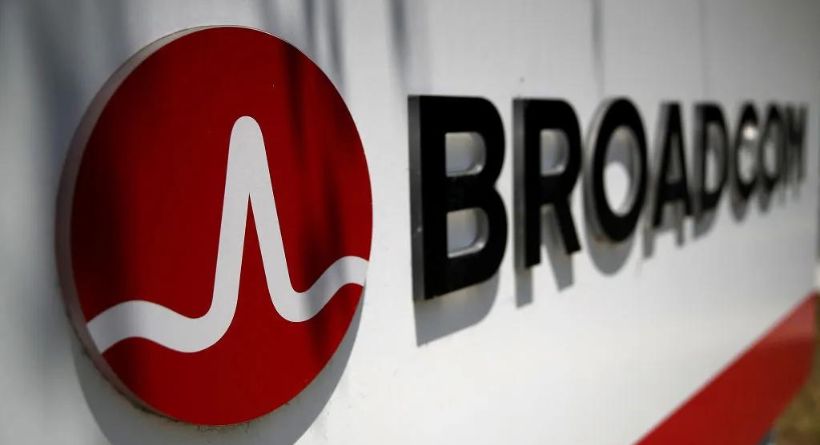
There are occasions when fire is genuinely present while there is smoke. This was the situation with the weekend-old rumours that Broadcom was interested in VMware. In light of the fact that the fire was blazing fiercely, Broadcom today announced that it will be purchasing VMware in a whopping $61 billion deal.
Cash and shares are used in the transaction, and Broadcom will take on $8 billion of VMware’s debt.
Broadcom receives more from VMware than only the fundamental virtualization on which the business was founded. Additionally, it receives additional components it has amassed through time to diversify, such as Heptio for containerization and Pivotal, which aids in the provision of support services for businesses converting to contemporary technology. In addition to purchasing Pivotal, it also purchased the security firm Carbon Black.
That touches on a lot of technology, but it raises the issue of how it all relates to Broadcom (who has recently spent a large amount of money acquiring a few essential software components before making today’s announcement)?
It doesn’t seem to mesh naturally with the other software components in the portfolio, as we noted earlier this week:
It invested nearly $18 billion in 2018 to acquire CA Technologies, a legacy provider of corporate software, and an another $11 billion the following year to acquire Symantec’s legacy security division. These are quite different from VMware, a business that is still doing well and isn’t a dinosaur with a portfolio of licence agreements that a firm like Broadcom can exploit.
However, when Dell announced that it was spinning out VMware last year, one of our guesses was Intel, whose CEO formerly oversaw VMware. Therefore, the possibility that a chip manufacturer might be interested in VMware existed, but not in this specific instance.
CEO of VMware Raghu Raghuram gave the acquisition the customary upbeat spin about how the two businesses will be stronger together. He referred to the two other items Broadcom already owns, saying in a statement, “Combining our assets and brilliant team with Broadcom’s current enterprise software portfolio, all housed under the VMware brand, and creates a tremendous enterprise software player.”
Even though Symantec and CA are more established brands, Constellation Research analyst Holger Mueller sees certain similarities between the three software products. If VMware has the good judgement to leave Broadcom alone, it at least has the potential to provide some financial stability.
“VMware pushes Broadcom to a more stable trajectory since it is not subject to the ups and downs of the semiconductor business. Plus, it’s more lucrative. So long as the business performs, I anticipate Broadcom will leave VMware alone like Dell did,” he added.
When EMC acquired VMware in 2003, it joined the group of businesses that was under the EMC brand and was able to function independently with its own board of directors and shares. That continued when Dell acquired EMC in 2015 in a deal with an initial estimated value of $67 billion, which is not dissimilar to the current price of VMware alone.
Given that Michael Dell personally controls more than 40% of the outstanding Dell shares, he will ultimately do fairly well in this situation. Unsurprisingly, both he and his longtime investing partner Silver Lake, who owns an additional 10% of the company, have approved the purchase.
With a 72% market share and $5.9 billion in sales, VMware retained the top spot in the worldwide virtualization infrastructure software market in 2021, according to Gartner research.
Although it seems improbable at this pricing, the corporation has a 45-day period in which it can locate a better bargain under a clause called “go-shop.” If it goes through without any modifications, the merger will still be subject to regulatory review, which recently has not been a rubber stamp, especially with numbers this huge.
When Broadcom sought to acquire Qualcomm in a $130 billion deal, regulatory hurdles stood in the way of the transaction, which was ultimately blocked by American authorities in 2018. Possibly, authorities will be more forgiving of a software deal.







